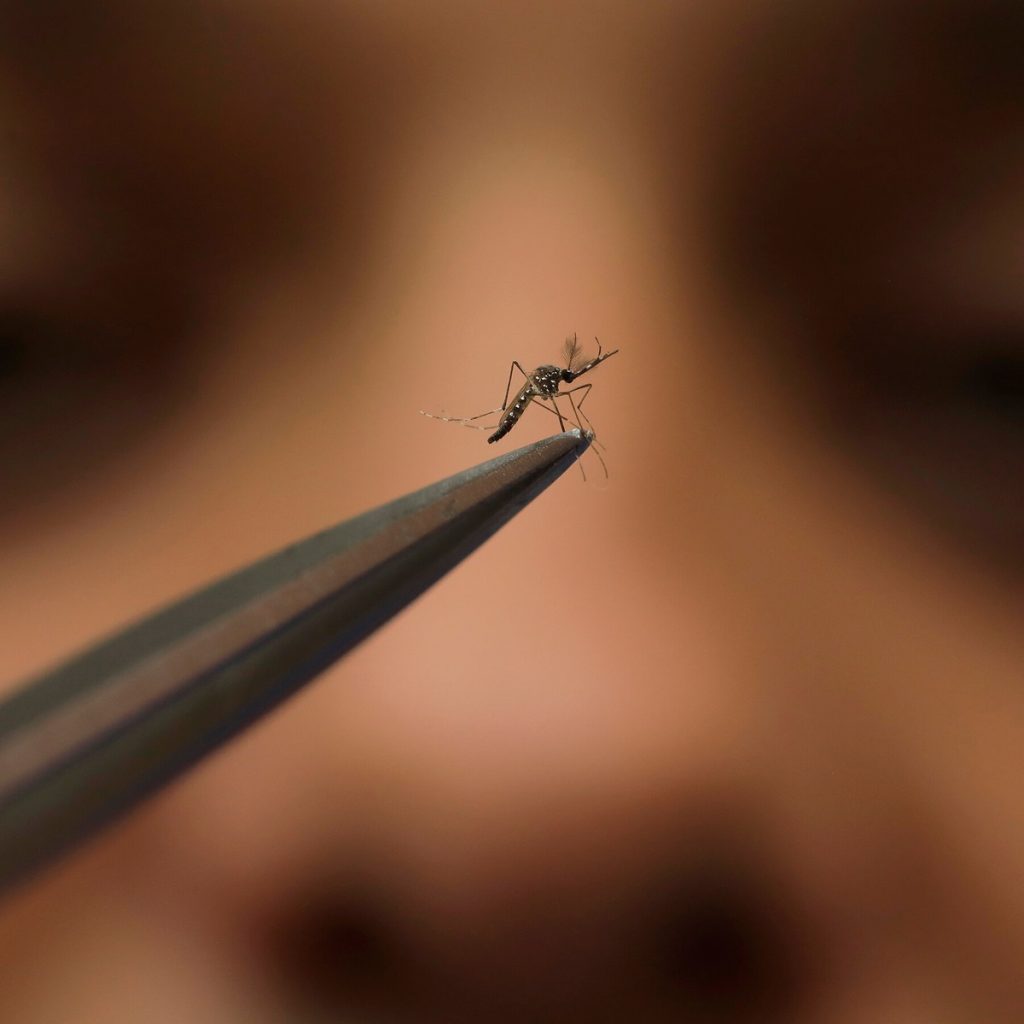The report on dengue fever has been alarming as it is spreading to different parts of the country with reports that it has moved from the Eastern to the Central Region in Ghana.
According to the Ghana Health Service (GHS), the total number of confirmed cases is 36. An inquiry has revealed an increase in malaria-like conditions in the affected regions, and more samples from suspected cases are being screened at the Noguchi Memorial Institute for Medical Research (NMIMR).
Dengue fever is a viral infection transmitted by mosquitoes. It causes severe flu-like symptoms, which can lead to more serious complications.

Symptoms of dengue fever are similar to that of malaria. They include;
- Sudden onset of high fever
- Severe headache (mostly in the forehead)
- Body aches in specific areas like the muscle, bone and joint areas
- Nausea and vomiting
- Rash
To avoid contracting the disease, the GHS has advised citizens to take these preventive measures to prevent mosquito bites. They include;
- Wearing protective clothing
- Usage of mosquito repellents
- Ensuring water storage containers are tightly covered in your homes
- Discarding water in containers if they are not being used
- Ensuring that receptacles that could collect water on farms such as empty cocoa pods, coconut shells, etc, are discarded properly
- Sleeping in treated mosquito bed nets


